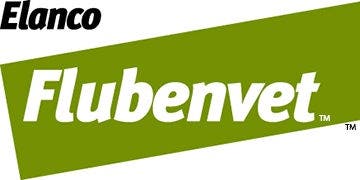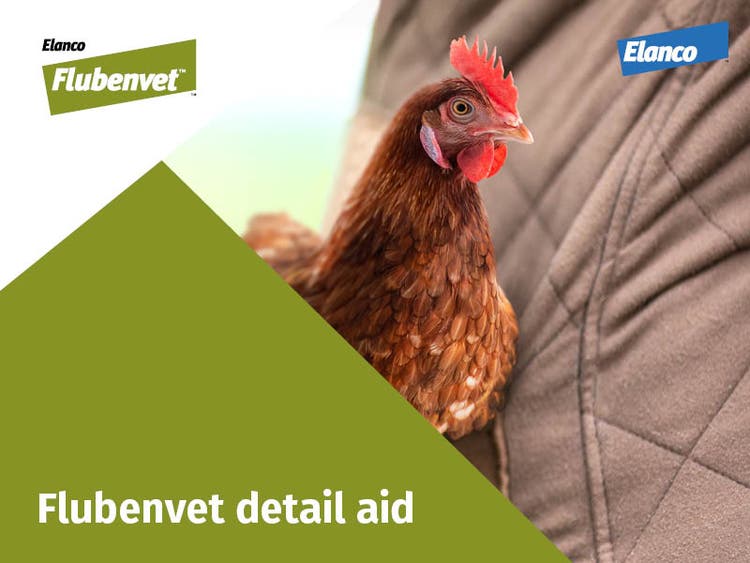Don't let worms take advantage this rearing season
Whether poults are sourced externally or produced from home reared stock, breeding hens will need to be in optimum condition in order to produce the best quality chicks. Pheasants and partridge must maintain good
health throughout the winter and spring months to ensure optimal hatchability and production.
When overwintered hens are caught up ahead of laying, their stocking density increases and consequentially their parasitic challenge also rises.
As released poults increase in age they will begin to wander further from the release pen, as a result their parasitic challenge often reduces due to reduced infection pressure. However, as birds come in to lay, their stocking density increases again and the resulting increased worm burden can suppress the bird’s immune response to infection1,2.
Internal parasites are widespread in reared pheasants, with the most common types being: gapeworms, caecal worms and hairworms1. Consequences of these worms being present can include weight loss and significant mortality in heavily infected released pheasants2. In addition, worm burden and concurrent disease may prove particularly damaging during the breading season1,2, with reduced hatchability, egg quality and quantity.

It is important to target all life stages of worms, including the eggs. Eggs remain in the environment and pose a significant threat to future populations, with older pens having higher parasitic burdens2. Flubenvet™ remains the only licensed product to control gapeworm eggs and larvae, as well all life stages of the major worm species that affect gamebirds3. Flubenvet is administered via the feed, making it easier to ensure birds receive the correct dosage of the active ingredient. A study conducted by the GWCT suggests that pheasants treated with Flubenvet have a significantly better chance of successfully breeding, as their environmental parasite burden is reduced1.
Strategic Deworming
- A planned, routine worming schedule incorporating Flubenvet in-feed for 7 days allows poults to readily access the medication. Using an in feed worming product helps to ensure that water lines remain clean and birds receive the correct dosage of active ingredient.
- Remember that it isn’t just ‘gapes’ that can infect your birds. Caecal worms, large roundworms and hairworms can also cause problems.
- Treat birds just before or immediately after moving to reduce the risk of carrying infection to the new environment.
- On heavily infected premises, treat with Flubenvet every 3 weeks to control infection and to prevent the shedding of eggs3.
Only Flubenvet treats all life stages of all the major worm species3, something no other dewormer can claim to do.
More Materials

Flubenvet™ 5% w/w premix for medicated feeding stuff.
A broad spectrum oral anthelmintic containing Flubendazole.

Flubenvet detail aid
Discover more about how worms affect the health and welfare of your birds.
- Game & Wildlife Conservation Trust (2003). Pheasant Parasites [online]
- Madden, J.R., Hall, A. and Whiteside, M.A. (2018). Why do many pheasants released in the UK die, and how can we best reduce their natural mortality? European Journal of Wildlife Research, 64(40), pp.1-13.
- Flubenvet SPC.